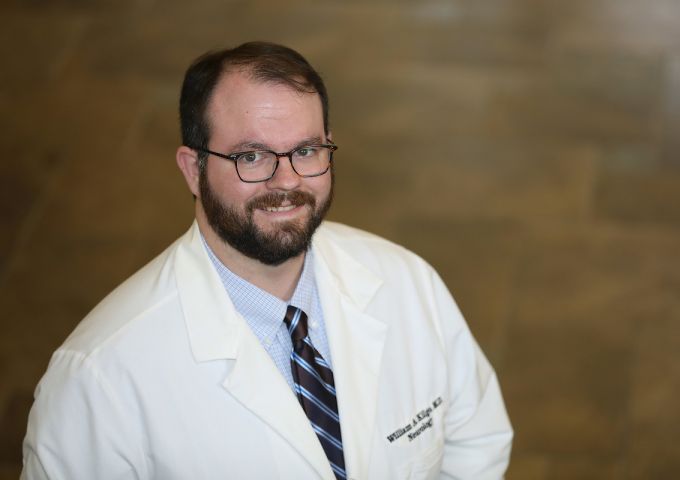
University Hospital selected as site for new violence intervention program
The new initiative will help combat cycles of violent crime and retaliation by engaging crime victims as they are being treated in the hospital and connecting victims and their families to long-term services and support.
By Carol McPhail
[email protected]
USA Health University Hospital will be the site for a new program established by the City of Mobile aimed at preventing violent crime.
Mobile Mayor Sandy Stimpson said the city would establish Mobile’s first Hospital-Based Violence Intervention Program (HVIP) through a partnership with University Hospital and the Mobile County Health Department. The HVIP would be authorized under an agreement with the University of South Alabama that is expected to be approved by the Mobile City Council.
Modeled after successful HVIPs in other parts of the country, the new initiative will help combat cycles of violent crime and retaliation by engaging crime victims as they are being treated in the hospital and connecting victims and their families to long-term services and support.
“This is a momentous occasion for the City of Mobile, USA Health and the families we serve. The financial commitment from Mayor Stimpson, the City Council and the Mobile County Health Department is a huge step toward revolutionizing how we deliver care to victims of violence,” said Ashley Williams Hogue, M.D., a trauma surgeon at University Hospital and founder of Project Inspire, a separate hospital-based firearm injury prevention program for teens. “Now we can effectively address the psychosocial needs of patients in addition to the standard medical care, and that’s a really big deal.”
University Hospital is the only level 1 trauma center in the region staffed with specially-trained physicians and other staff to care for the area’s most critically ill patients.
Through the new HVIP, professionals from multiple disciplines can help connect victims with community-based services such as mentoring opportunities, follow-up care and assistance, and long-term case management. While these services exist in Mobile, victims will be able to access them immediately through an HVIP.
“For years, we’ve been discussing how to implement a hospital-based program that could help keep victims of violent crime from becoming revictimized or perpetuating a cycle of violence,” Stimpson said. “This is a great opportunity to partner with our local healthcare providers and build stronger support systems for Mobilians directly impacted by violent crime.”
Under the agreement, the HVIP would be supported for two years using funding from the America Rescue Plan Act, with additional support from the city and the MCHD. Joshua Jones, youth violence prevention coordinator for the City of Mobile, will lead the program, working with University Hospital.




